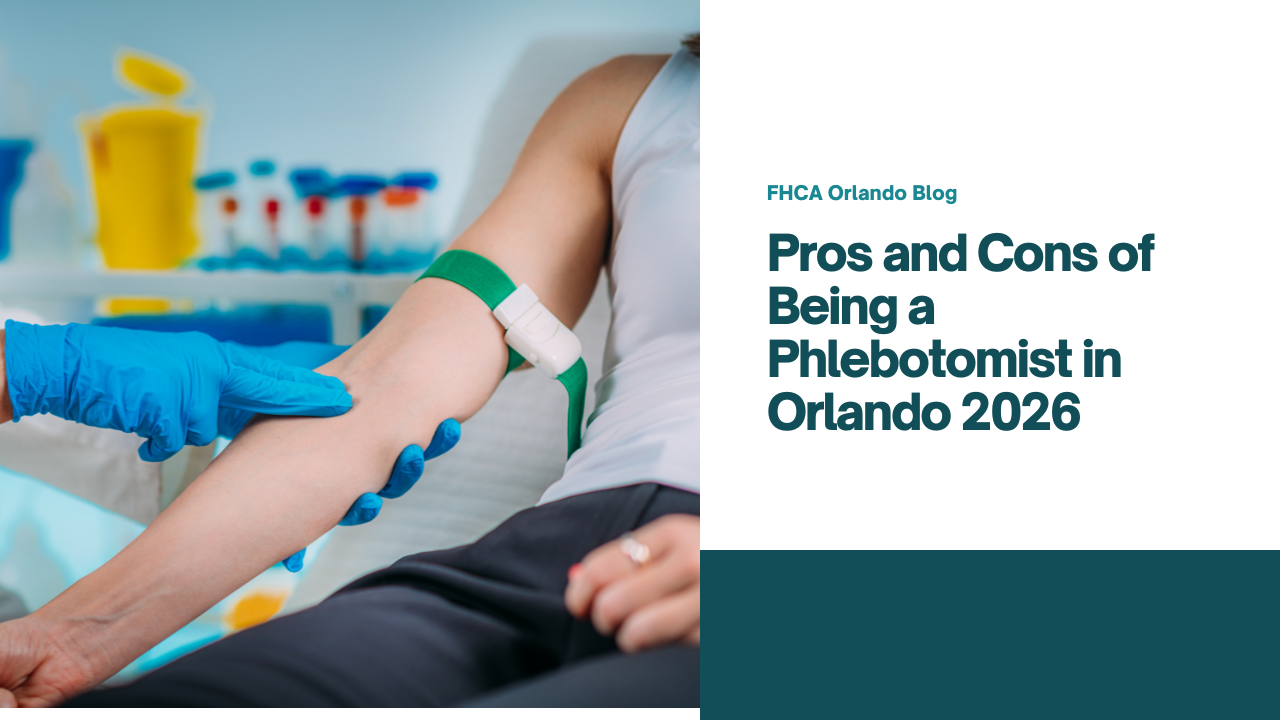Signs that point out to a possible stroke
Jan 04, 2022Strokes can happen silently, and if not diagnosed and treated timely, they can cause permanent brain damage or even death. Learn some signs that can point out to a stroke.
A stroke or ictus occurs when blood flow to the brain stops, preventing it from getting nutrients and oxygen. Within minutes, brain cells begin to die. While there may be permanent damage, immediate help is vital to regain as much brain function as possible and prevent future strokes.
The first thing to know is that there are two types of stroke, although both share the same symptoms: cerebral infarction or ischemic stroke, which are the most frequent and occur when a clot plugs an artery and the blood cannot flow; and cerebral hemorrhage or hemorrhagic stroke, which are less frequent, but their mortality is considerably higher and occurs when the blood vessel ruptures and blood spills into the brain.
Everyone should be aware of the warning signs. If at least four of them are present, it is necessary to act quickly and visit an emergency room immediately.
- Difficulty in speaking or understanding speech.
- Sudden disturbance of partial or total vision in one or both eyes.
- Loss of sensation in the face, arm, or leg, especially on one side of the body.
- Difficulty when trying to walk, loss of balance, as well as loss of coordination of movements.
- Very intense, sudden, and unusual headaches.
Remember that prevention is the key. People with certain conditions, such as heart disease, diabetes, hypertension, and high blood cholesterol levels, are more prone to these types of problems.
In this regard, it is essential to take care of your diet; to be physically active to prevent weight problems or other comorbidities; and to avoid smoking, a major risk factor for stroke. Similarly, it is possible to reduce the risks through meditation. It has been proven that people under stress are more likely to lead an unhealthy lifestyle, since 90% of stroke cases can be avoided with a healthy lifestyle and adequate prevention of risk factors.
Don't forget to have regular medical check-ups. The ideal is to go for a check-up once a year, although this will depend on your general health, as well as possible chronic diseases.
If a patient is diagnosed with a stroke and undergoes treatment, nurses will act by performing physical monitoring, facilitate recovery, prevent complications and help patients reduce mortality and morbidity through recommendations and facilitating lifestyle changes.








